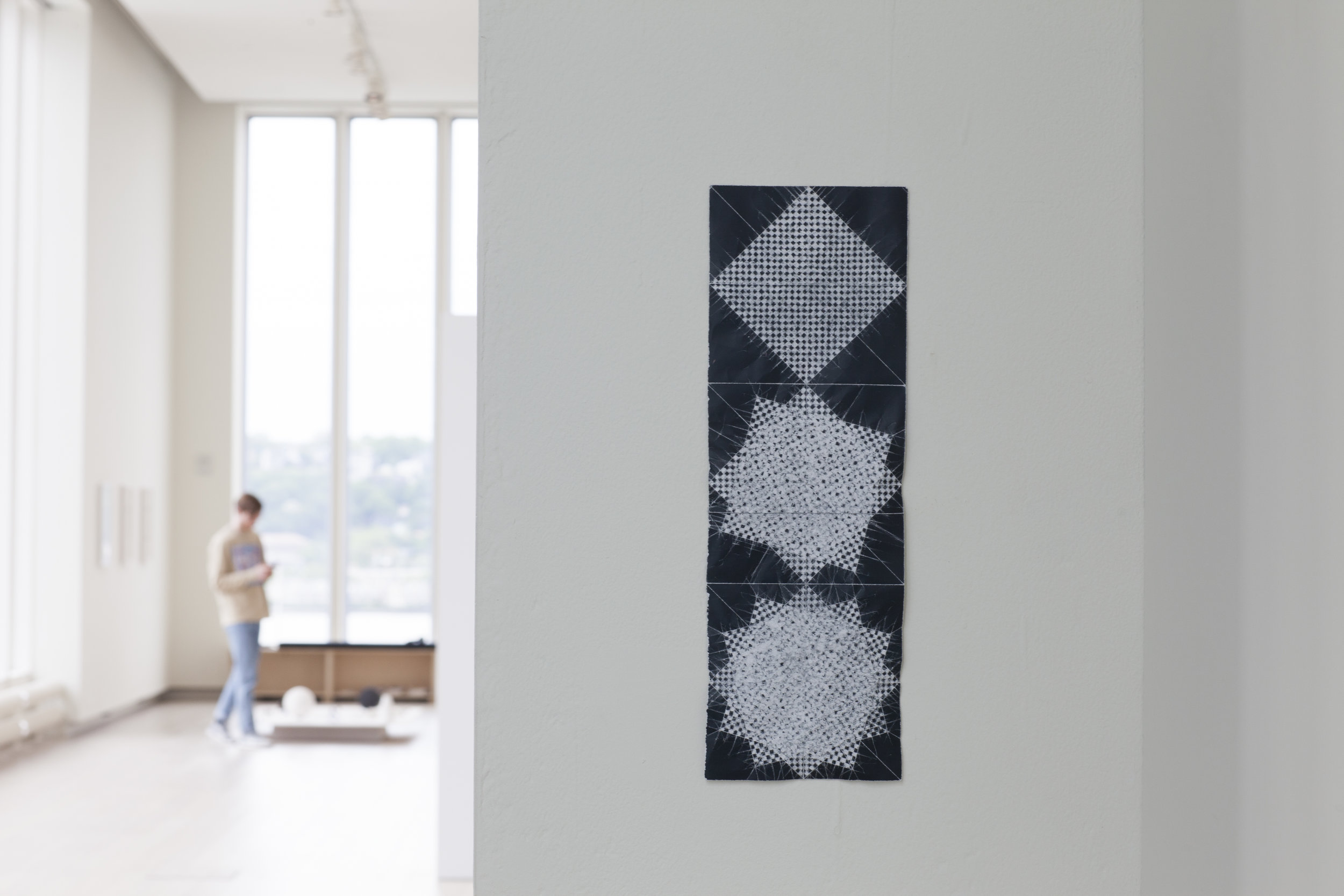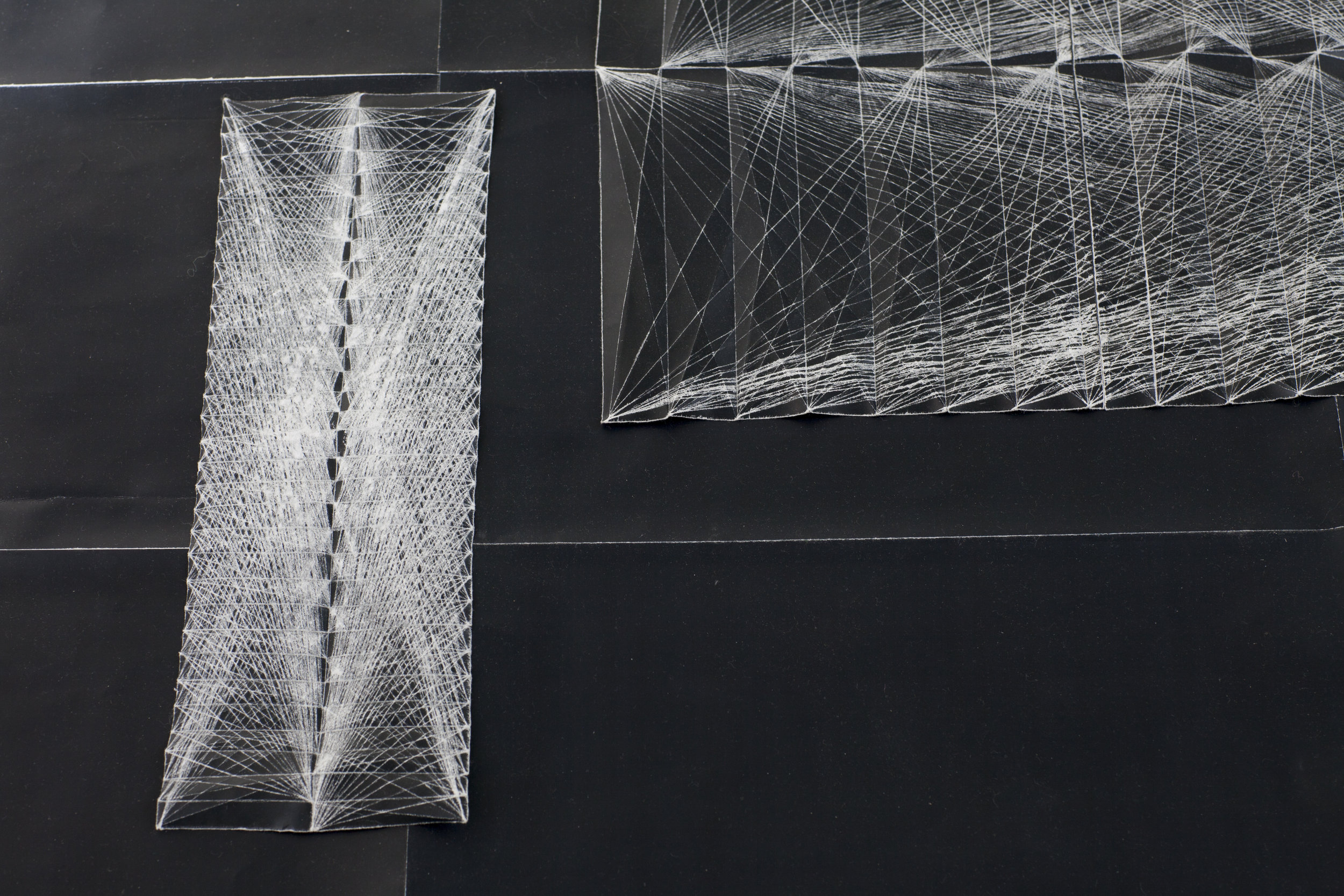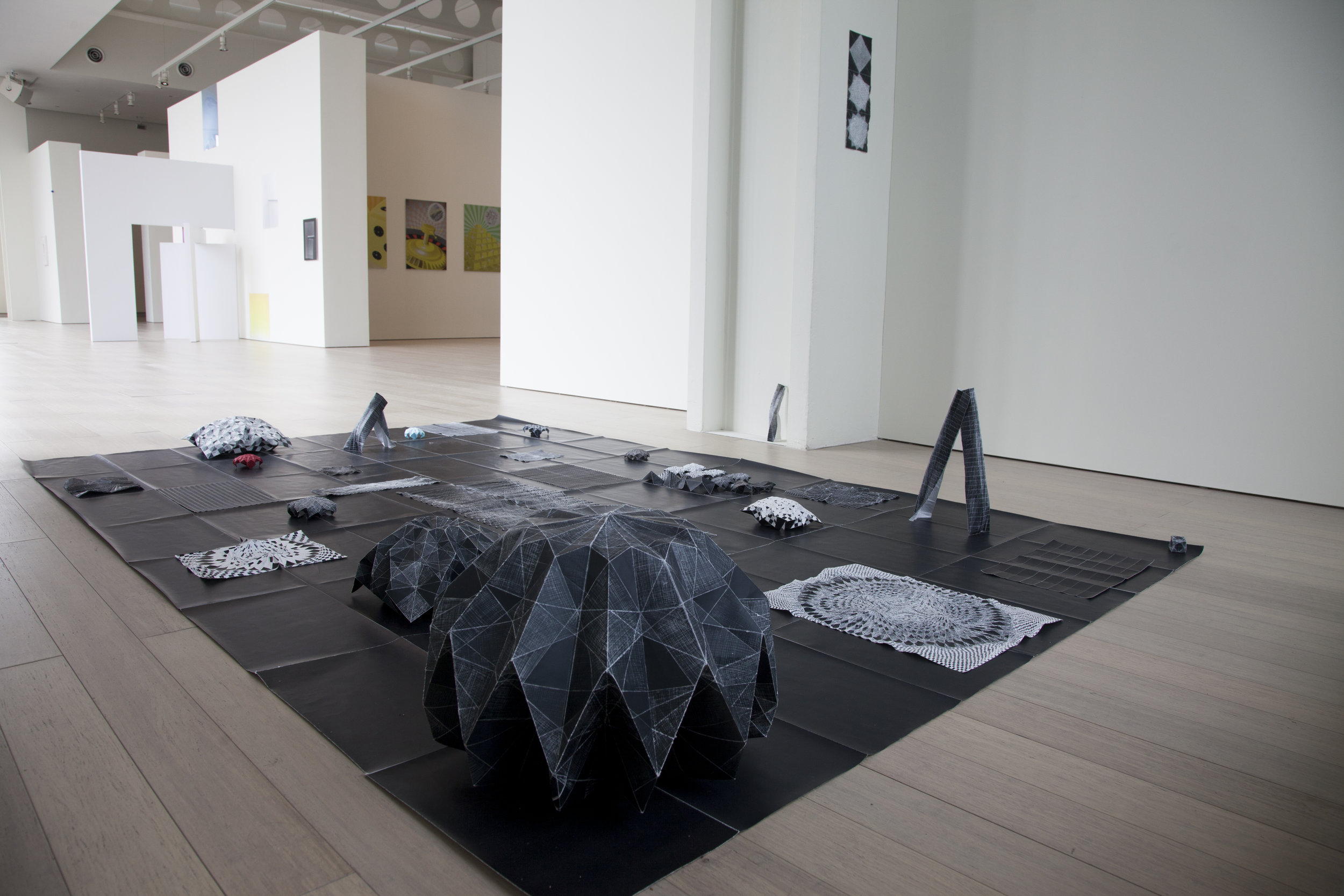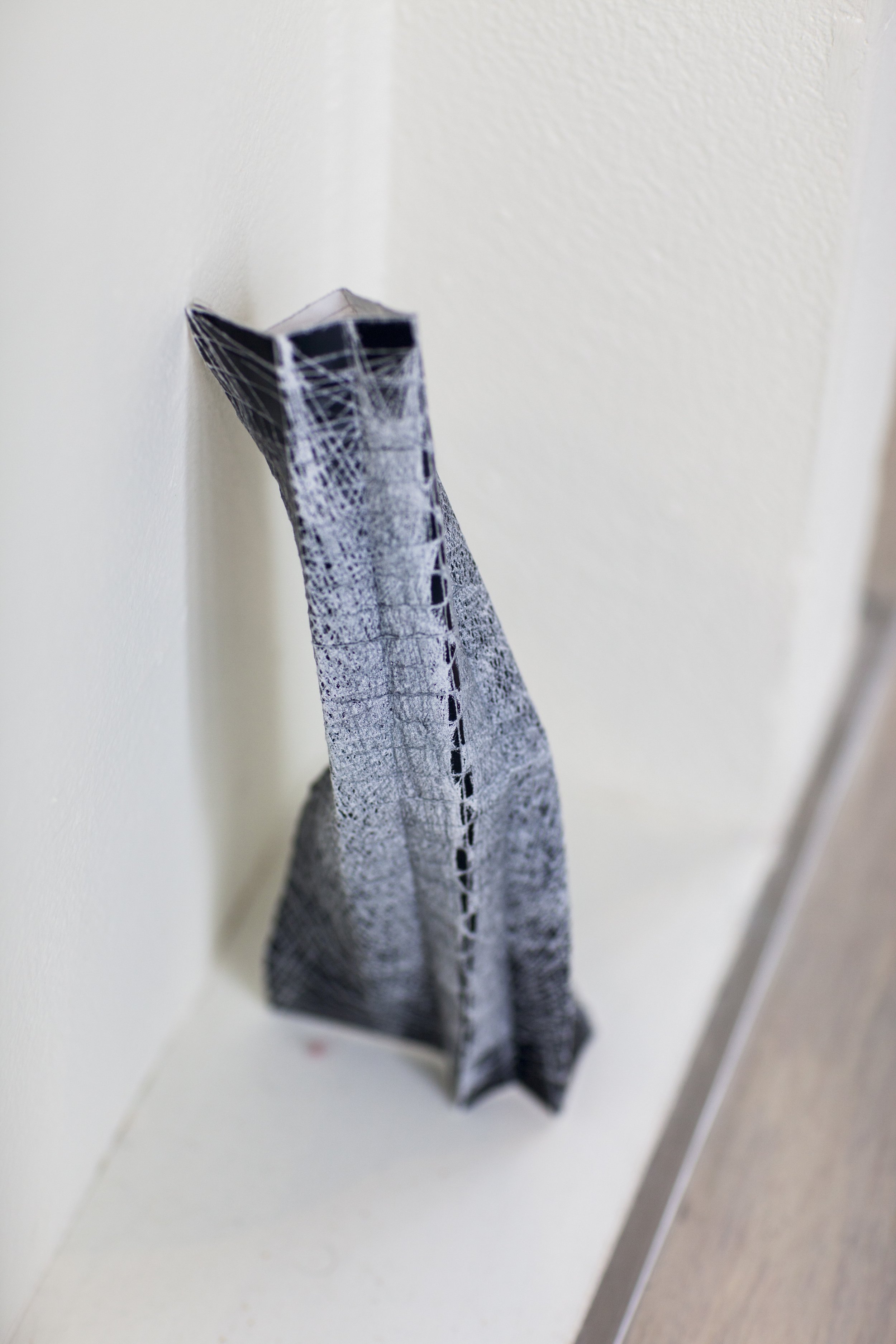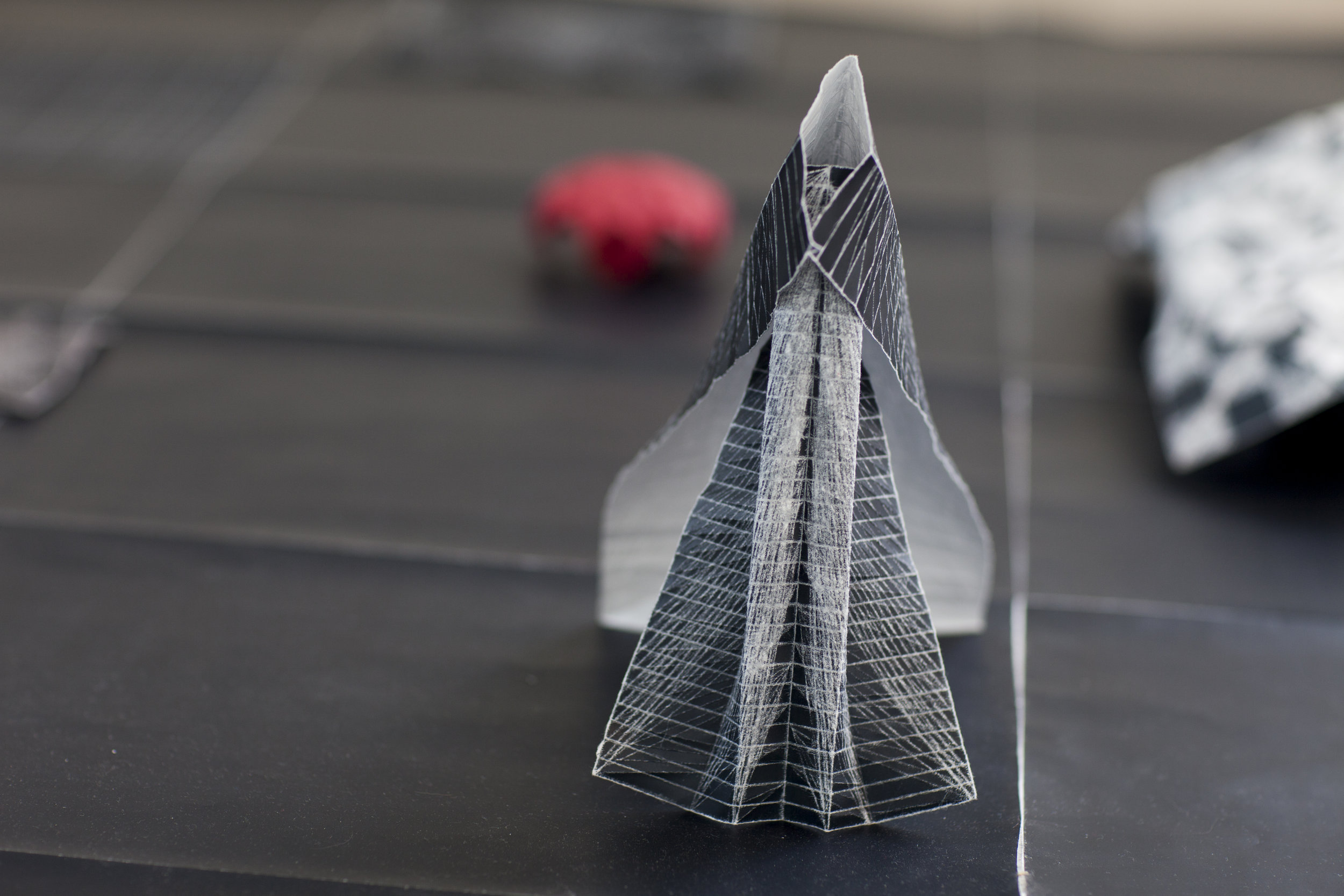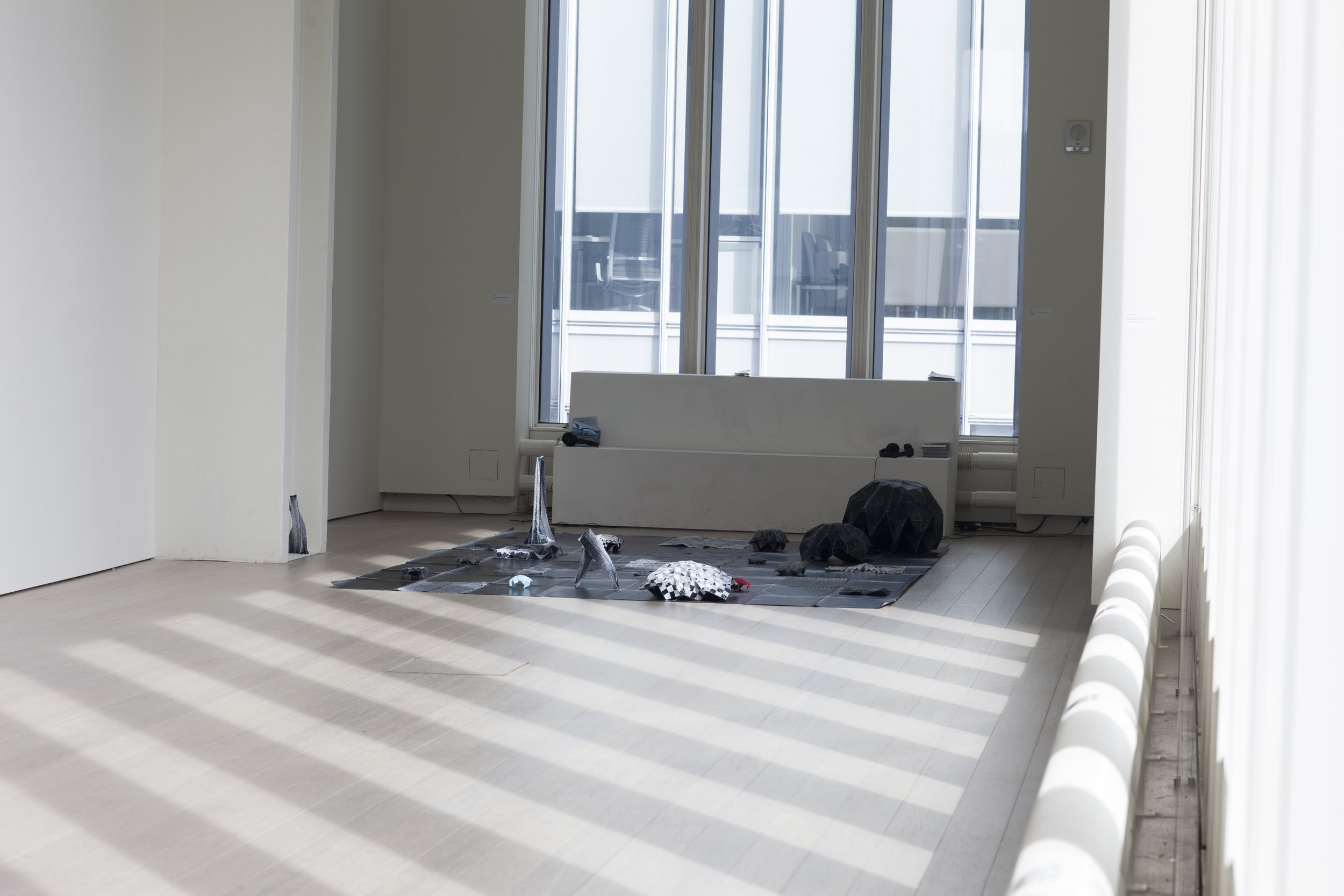"I think we live at a point of extreme darkness and extreme brightness. Extreme darkness, because we really do not know from which direction the light would come. Extreme brightness, because we ought to have the courage to begin anew. We have to abandon every dogmatic principle and question one by one the validity of all the principles that have been the source of oppression. From the point of view of political thought, we are, so to speak, at point zero. We have to construct another political thought, another political imagination, teach anew the vision of a future." Michel Foucault was standing in my Tehran.
I’m worried, I’m anxious, I’m exhausted, Its 2018
One reads the words, moved, inspired, motivated. Ready.
I finally have proof, it wasn’t a myth,
Foucault was here on the eve of the revolution. It’s 1978.
Foucault’s words are an ode to the uprising of my parents—before I knew them—when they were young,
When it all began…
The words are in praise of the emerging state, the new oppressive regime of Iran, the one I know.
One fails. One must mourn the failure of his hope.
He’s been gone for long.
One is left to make sense of what brought us here, the Middle East of today.
Rid of hope, one is left with books, theories, and debate.
I’ve done my homework, I’ve read the books, recited the theories, and settled the debate.
I’ve been trained in Scholarly Rage!
It’s 1978 and somewhere on Columbia’s campus, Edward Said’s finishing his Orientalism,
the chronicle of problems that is to be our compass.
One day he’d say, the book “is written out of an extremely concrete history of personal loss and national disintegration.”
The region he deemed lost, the one he left behind
would give birth to me, hold my today, and home my future.
It was not dead. Life went on.
I swim in his despair, Me and my home need more.
I spin. One either thinks or act.
Foucault in Iran
dward Said dies in New York City
nd I’m standing right here.



